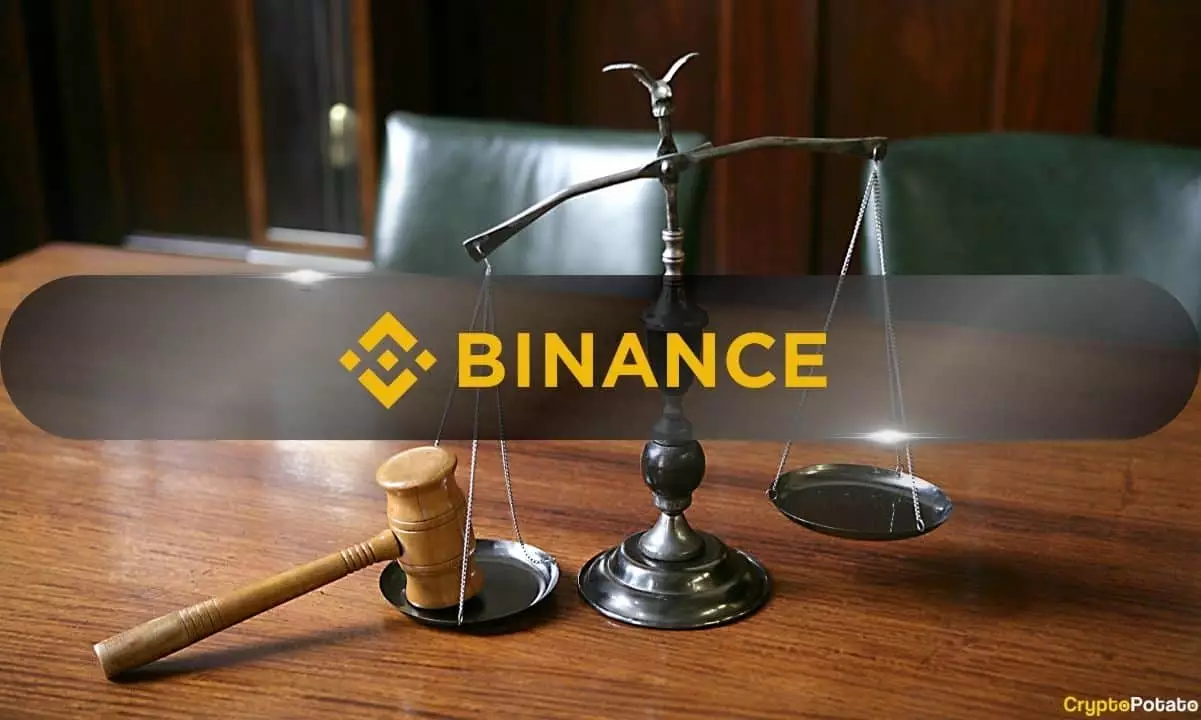In a significant turn of events for the cryptocurrency landscape, the U.S. Supreme Court has firmly dismissed a petition from Binance and its CEO, Changpeng Zhao. This ruling arrives in the wake of a contentious legal backdrop where Binance is facing allegations tied to the sale of unregistered tokens, raising pressing questions about the reach of U.S. securities laws in our increasingly global and digital economy.
On January 13, 2024, a critical ruling by the U.S. Court of Appeals for the Second Circuit underscored that Binance, despite operating as a foreign entity that lacks a physical U.S. headquarters, could still be held to account under American securities law. This ruling emerged amidst a class-action lawsuit initiated by investors against Binance, who claimed that the exchange engaged in the illegal sale of tokens which subsequently plummeted in value. The plaintiffs alleged that Binance did not adequately disclose associated risks, ultimately seeking restitution for their financial losses.
The ruling hinged on the argument that transactions by U.S. clients became irreversible once carried out within the United States, thereby presenting a compelling case for the enforcement of U.S. laws. Importantly, the court acknowledged that these trades, despite being facilitated via foreign platforms, were processed on U.S. servers, suggesting that Binance owes a duty to follow American regulations when servicing domestic clients.
In response to the appellate court’s decision, Binance proffered a defense grounded in the notion of global interconnectivity facilitated by technological advancements. The exchange argued that today’s digital economy empowers American traders to engage with overseas platforms like Binance seamlessly. Despite their pleas for a review, the Supreme Court’s refusal to entertain their appeal solidifies the legal precedent set, placing Binance firmly under U.S. jurisdiction for transactions involving American clients.
This dismissal not only propels the class-action suit forward but also raises essential queries about how cryptocurrencies are regulated in international contexts. The case could set a significant precedent, spotlighting the need for clearer guidelines governing cross-border trading activities amid soaring interest in digital currencies.
The legal situation for Binance is further complicated by ongoing scrutiny from various U.S. regulatory agencies. In 2023, the U.S. Securities and Exchange Commission (SEC) filed charges alleging that Binance enabled American investors to trade tokens that were effectively unregistered securities. This scrutiny is part of a broader regulatory effort to impose tighter controls on cryptocurrency exchanges, which have frequently operated in a gray area of law.
In addition to the SEC’s accusations, Binance faced significant penalties in different jurisdictions. The exchange struck a $4.3 billion settlement with the U.S. Department of Justice over violations related to anti-money laundering laws. Furthermore, just as the exchange exited the Canadian market, it was compelled to pay a $4.4 million fine for similar infractions. Compounding matters, Binance and Zhao are embroiled in a lawsuit initiated by the FTX bankruptcy estate, seeking $1.8 billion over allegations surrounding a fraudulent share transaction.
These multifaceted legal challenges not only affect Binance’s operations but could also influence investor confidence and the larger cryptocurrency ecosystem, raising questions about the future equilibrium between innovation and regulatory compliance.
As the U.S. legal system moves forward with the class-action lawsuit against Binance, the implications could reverberate beyond the company itself, potentially shaping the future governance of all cryptocurrency exchanges operating within American borders. The increasing intersection of technology, finance, and regulatory scrutiny may demand a recalibration of how platforms like Binance navigate the complexities of digital trading.
The journey ahead for Binance and Zhao appears fraught with legal hurdles, and as the crypto industry matures, the ramifications of these developments will likely be felt across the entire market. Investors and regulators alike are left to ponder the necessary balance between fostering innovation within the cryptocurrency space and ensuring robust protections against unregulated practices that could endanger financial stability.

